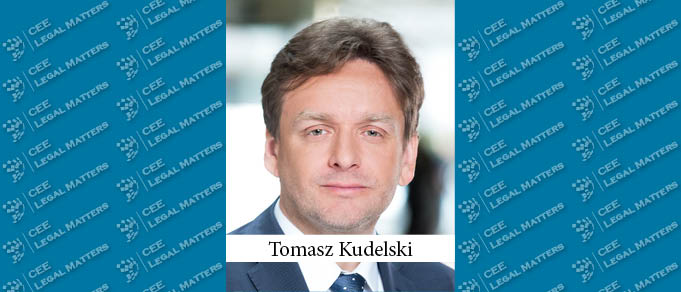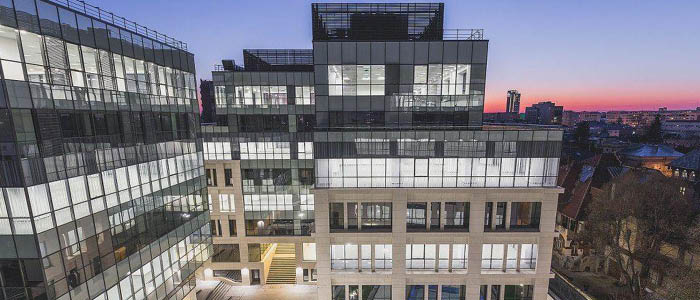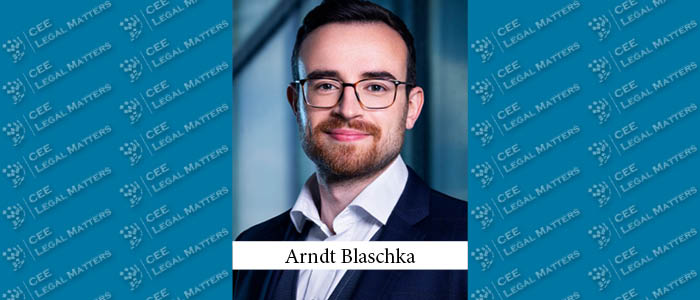Despite questions of political interference by the ruling party being raised in Poland, the Central European giant seems to be on a positive track, according to Penteris Partner Tomasz Kudelski.
“As with many states in the region, across Europe, and the world, Poland has become both politically and culturally polarised,” Kudelski begins. “That is reflected in the veracity of the political dispute between the government and Poland’s fragmented opposition, whose ranks have recently been fortified by the return of former PM and President of the European Council Donald Tusk.” According to him, the government continues to retain its popularity in smaller towns and villages, amongst farmers and the older generation, while the opposition parties attract liberal voters from larger cities.
The three key political issues in the country over the recent months, Kudelski highlights, have been “the government’s disagreement with the European Commission on the rule of law, the refugee crisis on the border with Belarus, and, of course, COVID-19.”
In terms of legal issues, Kudelski says that the bones of contention for Poland’s lawyers are the current make-up of the Constitutional Tribunal, “whose members appear to have links with the government, as well as the status of the Disciplinary Chamber of the Supreme Court, raising eyebrows even in the Common Courts, which have openly questioned its position.”
Most recently, Kudelski reports, a legal dispute arose, with strong international overtones, surrounding the “lack of a decision by the National Broadcasting Council on the extension of TVN 24’s broadcasting license, finally granted after a lengthy wait on September 22. This fact, as well as the new and ongoing legislative process known as Lex TVN, appears to be directed against the US-backed TV network,” Kudelski says. He reports that, until now, entities registered in EEA states have in practice been considered EU entities, regardless of the source of their capital. “The proposed change in this interpretation may have wide implications not only for the media market.”
Tackling other legislative changes, Kudelski reports that the tax framework stands to be altered. “The tax changes under the Polish New Deal, currently under discussion, could have a significant impact on business, particularly on sole traders, for whom the tax burden is likely to increase significantly,” he reports. “Unfortunately, Poland’s New Deal is not being afforded the consideration that other legislative plans might receive, largely because of the government’s machinations around the judiciary, which has dampened the appetite of society and business.”
However, as a sort of redeeming factor for the accusations of sluggishness and inefficiency in the judiciary, Kudelski points to pandemic-inspired digitalization efforts. “Covid has played a key role in accelerating the process of digitalization of Poland’s courts. Ironically, the virus may have a positive impact on the speed of justice in the following years,” he says.
Finally, talking about the Polish economy, Kudelski says that it appears to be “immune to all ongoing political disputes and continues to grow, regardless of all the climate and legislative changes taking place.” He reports that the financial support afforded to society during the pandemic and the associated low-interest rates are now generating exceptionally high domestic demand and that forecasts, for the time being, remain positive for Poland.
“One result of the current state of affairs has been phenomenal growth in the IT industry, online trading, as well as a boom in the real estate and construction market,” Kudelski says. “Doubt and uncertainty still remain, due to weak supply chains and soaring prices, but with major infrastructure investments on the horizon, geared to supporting economic growth, there is hope for the future,” he concludes.























